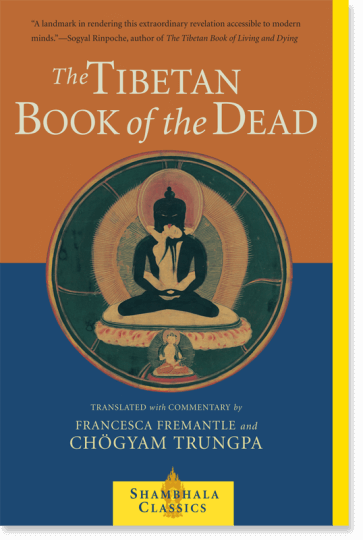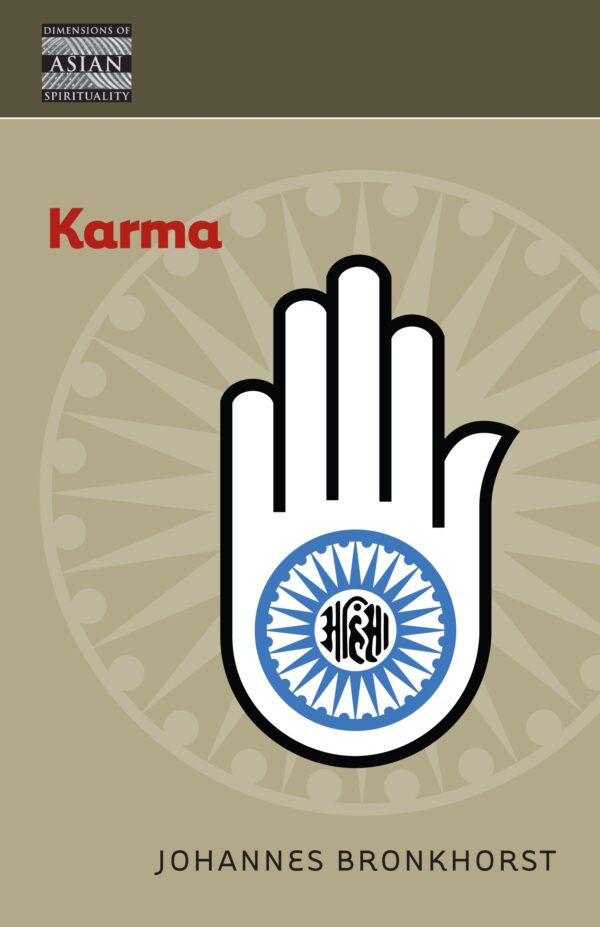Is There Life After Death?
By
Thich Nhat Hanh — 2015
YOU MIGHT ALSO LIKE
CLEAR ALL
BY TOPIC
BY TEACHER
BY TYPE
FILTER

TOPIC
- Grief (28)
- Hospice (24)
- Near-Death Experience (22)
- Buddhism (16)
- Cancer (16)
- Rebirth (16)
- Death or Loss of a Loved One (15)
- Past Lives and Reincarnation (15)
- Consciousness (11)
- Resilience (11)
- Death or Loss of a Parent (10)
- Finding Meaning (9)
- Visions and Hallucinations (9)
- Karma (8)
- Science and Spirituality (8)
- Death or Loss of a Child (7)
- Mediums (7)
- Christianity (6)
- Gratitude (6)
- Offering Support to Others (6)
- Traumatic Grief (6)
- Immortality (5)
- Inner Strengths (5)
- Living with Illness (5)
- Loss of Partner/Spouse (5)
- Mindfulness (5)
- Suffering (5)
- Tibetan Buddhism (5)
- Clairvoyance and Precognition (4)
- Compassion (4)
- Courage (4)
- Grit (4)
- Handling a Loved One’s Illness (4)
- Inner Peace (4)
- Letting Go (4)
- Psychology and Spirituality (4)
- Astral Projection (3)
- Caregiver Well-Being (3)
- Channeling (3)
- Failure (3)
- Growth Mindset (3)
- Identity (3)
- Love (3)
- Moral Philosophy (3)
- Parapsychology (3)
- Psychic Abilities (3)
- Quantum Physics (3)
- Search for Purpose (3)
- Self-Discovery (3)
- Shared-Death Experience (3)
- Taoism (3)
- Acceptance (2)
- Aging (2)
- Awareness (2)
- Comparing Belief Traditions (2)
- Decision Making (2)
- Family Dynamics (2)
- Fear (2)
- Generosity (2)
- God (2)
- Happiness (2)
- Honoring Emotion (2)
- Illness and Injury (2)
- Imagination and Creativity (2)
- Intuition (2)
- Joy (2)
- Loss of an Animal Companion (2)
- Motherhood (2)
- Native American Beliefs (2)
- Neopaganism (2)
- Neuroplasticity (2)
- Neuroscience (2)
- Optimism (2)
- Other Dimensions and Beings (2)
- Past Life Regression (2)
- Philosophical Approaches (2)
- Presence (2)
- Relationship Challenges (2)
- Relationship with Time (2)
- Self-Reflection Practices (2)
- Shamanism (2)
- Spiritual Awakening (2)
- Spiritual Growth (2)
- Spiritual Life (2)
- Spiritual Quest (2)
- Stoicism (2)
- Suicide (2)
- Telepathy (2)
- Transformation (2)
- Transitions (2)
- Trauma Healing (2)
- Well-Being (2)
- Academic Struggles (1)
- Activism/Service (1)
- Adaptability (1)
- Altered States (1)
- Anxiety (1)
- Authenticity (1)
- Black Well-Being (1)
- Building Character (1)
- Burnout (1)
- Celibacy (1)
- Chakras (1)
- Child’s Emotional Growth (1)
- Chronic Health Conditions (1)
- Climate Change (1)
- Communication Skills (1)
- Community Healing (1)
- Confidence (1)
- Conflict Resolution (1)
- Connection with Nature (1)
- Conscious Evolution (1)
- Creative Well-Being (1)
- Death or Loss of a Sibling (1)
- Digital Life (1)
- Disabled Well-Being (1)
- Divination Systems (1)
- Empathy (1)
- Enlightenment (1)
- Entrepreneurship (1)
- Faith (1)
- Fate (1)
- Fatigue (1)
- Forgiveness (1)
- Gender Challenges (1)
- Global Challenges (1)
- Goal Setting (1)
- Goddess (1)
- Holotropic Breathwork (1)
- Hope (1)
- Human Potential (1)
- Hypnosis (1)
- Inner Life (1)
- Inspiration (1)
- Intention (1)
- Intimacy (1)
- Islam (1)
- Judaism (1)
- Leadership (1)
- Leaving a Religion (1)
- LGBTQIA Sexuality (1)
- LGBTQIA Well-Being (1)
- Life-Altering Injury (1)
- Lovingkindness (1)
- Managing Energy (1)
- Meditation (1)
- Memoir (1)
- Memory (1)
- Mentoring (1)
- Mind-Body Connection (1)
- Mindfulness Meditation (1)
- Mindfulness Practices (1)
- Patience (1)
- Poetry (1)
- Positive Psychology (1)
- Positive Thinking (1)
- Post-Traumatic Growth (1)
- Prayer (1)
- Problem Solving (1)
- Psychology (1)
- Relationship with Money (1)
- Retirement (1)
- Runes (1)
- Self-Actualization (1)
- Self-Compassion (1)
- Self-Control (1)
- Self-Development (1)
- Self-Esteem (1)
- Self-Expression (1)
- Self-Healing (1)
- Self-Mastery (1)
- Self-Realization (1)
- Self-Reckoning (1)
- Sex (1)
- Shadow (1)
- Soul Mission (1)
- Speaking Your Truth (1)
- Spiritual Healing (1)
- Stress (1)
- Stress Management (1)
- Transpersonal Psychology (1)
- Trauma (1)
- Values (1)
- Vulnerability (1)
- Wicca (1)
- Witchcraft (1)
- Women’s Rights (1)
- Work Challenges (1)
- Yoga (1)
- Zen Buddhism (1)
FILTER

TEACHER
- Joanne Cacciatore (4)
- Eben Alexander (3)
- Martin Luther King Jr. (3)
- Ram Dass (3)
- Raymond Moody (3)
- Rick Hanson (3)
- Stanislav Grof (3)
- Atul Gawande (2)
- Chögyam Trungpa (2)
- Cynthia Bourgeault (2)
- Dante Alighieri (2)
- Deepak Chopra (2)
- Forrest Hanson (2)
- Mirabai Bush (2)
- Ondrea Levine (2)
- Raymond Buckland (2)
- Amit Goswami (1)
- Andrew Holecek (1)
- Anna Sale (1)
- Bernie S. Siegel (1)
- Brené Brown (1)
- Brian Weiss (1)
- C. S. Lewis (1)
- Caroline Myss (1)
- Christopher Penczak (1)
- Cyndi Dale (1)
- David Eagleman (1)
- David Steindl-Rast (1)
- Diane Stein (1)
- Duane Elgin (1)
- Ervin László (1)
- Gay Hendricks (1)
- Huston Smith (1)
- J. Krishnamurti (1)
- Jack Canfield (1)
- James Baraz (1)
- Jetsunma Tenzin Palmo (1)
- Joan Halifax (1)
- Joanna Macy (1)
- Julia Cameron (1)
- Kamilah Majied (1)
- Kathleen Dowling Singh (1)
- Linda Graham (1)
- M. Scott Peck (1)
- Mark Victor Hansen (1)
- Mitch Albom (1)
- Mother Meera (1)
- Neale Donald Walsch (1)
- Norman Fischer (1)
- Pema Chödrön (1)
- Phillip Moffitt (1)
- Pope Benedict XVI (1)
- Rachel Held Evans (1)
- Rachel Naomi Remen (1)
- Rainer Maria Rilke (1)
- Rob Bell (1)
- Robert Thurman (1)
- Saeed Jones (1)
- SARK (1)
- Scott Shute (1)
- Sri Aurobindo (1)
- Starhawk (1)
- The Dalai Lama (1)
- Thich Nhat Hanh (1)
- Toni Bernhard (1)
- Zinovia Dushkova (1)










